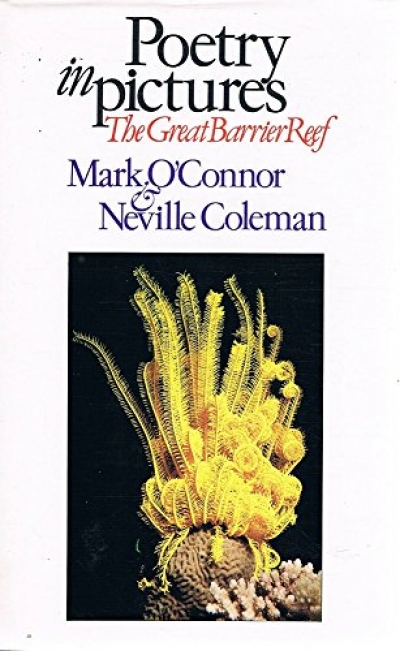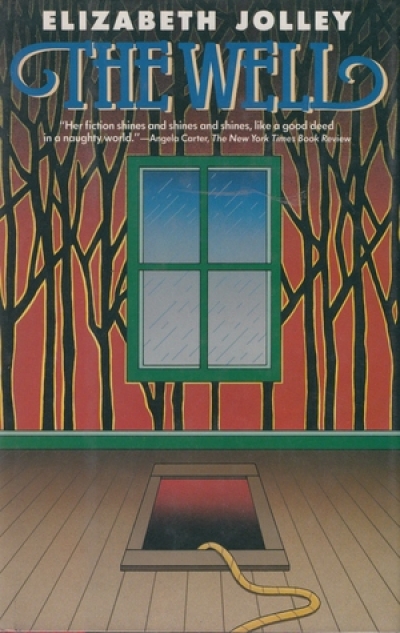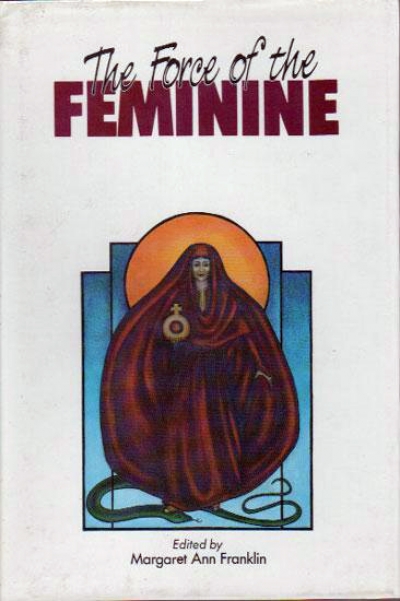Archive
Survey | Kerryn Goldsworthy reviews the 1987 National Book Council Awards for Australian Literature shortlist
‘If you can’t say something nice,’ my mother always said, ‘don’t say anything at all.’ (I pinch this opening gambit, shamelessly, from Kate Grenville’s Self-Portrait in the last ABR, and hope she does not mind; imitation is the sincerest form etc.) Apropos of parental expectations regarding niceness-or-silence, however, I am reminded of a remark of Elizabeth Jolley’s: ‘I think my mother wanted a princess, and she got me instead.’
... (read more)Poetry in Pictures: The Great Barrier Reef by Mark O’Connor and Neville Coleman
The Oxford History of Australia, Volume 4: The Succeeding Age by Stuart Macintyre
The Public Culture: The Triumph of Industrialism by Donald Horne
Imagine me, myself, ten years on, a survivor of what is amusingly called ‘retirement’, though it will have been a matter of movement into rather than out of work. Let me, in short, give the four-day forecast; no weatherman will venture on the fifth, even to enforce the kind of superstition I am practising in these lines. Let us say the verbal magic works, and I reach seventy. What can I say now by way of analysing the character which I now confront in the time scale of then, across the years of future toil? Let me speak to that self in tones of restrained intimacy; restrained, because he frightens me a little.
... (read more)








